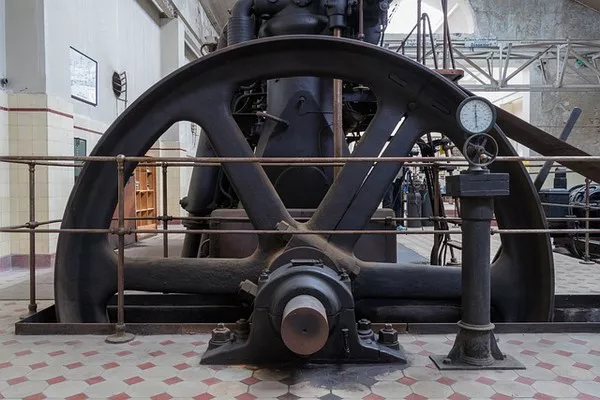Generators are indispensable tools that provide power in various situations, from emergencies to outdoor events. However, one common concern among users is whether generators can withstand exposure to water. Understanding the risks and precautions associated with using generators in wet conditions is crucial for ensuring safety and longevity.
The Basics of Generator Operation:
Before delving into the impact of water on generators, it’s essential to understand how these machines operate. Most generators consist of an internal combustion engine that burns fuel to produce mechanical energy, which is then converted into electrical energy. The engine and other sensitive electrical components are housed in a sturdy casing designed to protect them from external elements.
The Dangers of Water Exposure:
While generators are built to withstand various environmental conditions, water exposure poses a significant risk. Water can seep into critical components, leading to short circuits, corrosion, and other damage. The consequences of water exposure can range from temporary malfunctions to permanent damage, potentially rendering the generator unusable.
Types of Generators and Water Resistance:
Not all generators are created equal when it comes to water resistance. Portable generators, commonly used for outdoor activities and as backup power sources, often have varying degrees of protection against moisture. On the other hand, standby generators, designed for permanent installation, may have more robust enclosures to shield them from the elements.
IP Ratings:
To assess a generator’s resistance to water and other environmental factors, one can refer to its Ingress Protection (IP) rating. The IP rating is a standardized scale that classifies the degree of protection provided by an electrical enclosure against the intrusion of solid objects and liquids.
An IP rating typically consists of two digits, where the first digit represents protection against solids, and the second digit represents protection against liquids. For instance, a generator with an IP rating of IPX4 indicates that it offers protection against splashing water from any direction.
Generator Placement and Shelter:
Regardless of a generator’s IP rating, it’s essential to consider its placement in wet conditions. Placing a generator on elevated ground, away from puddles or areas prone to flooding, can reduce the risk of water exposure. Additionally, using a generator in a sheltered area, such as a canopy or tent, can provide an extra layer of protection against rain and other environmental factors.
Covering the Generator:
To further safeguard a generator from water, users can employ generator covers. These covers are designed to fit specific generator models and provide an additional barrier against rain, snow, and other elements. However, it’s crucial to choose a cover that allows proper ventilation to prevent heat buildup inside the generator enclosure.
Elevating the Generator:
Elevating a generator off the ground can be a simple yet effective measure to prevent water ingress. Placing the generator on a platform or pallet ensures that it remains above potential water levels during rain or flooding, reducing the risk of water damage to the generator’s sensitive components.
Use of Canopies and Tents:
For outdoor events or construction sites, using canopies or tents to shelter a generator is a practical solution. These structures provide overhead protection, preventing direct exposure to rain and minimizing the chances of water entering the generator. However, it’s crucial to ensure proper ventilation to prevent heat buildup.
Maintenance and Inspection:
Regular maintenance and inspection are fundamental to ensuring the continued functionality of a generator, especially after exposure to wet conditions. Users should follow the manufacturer’s guidelines for maintenance tasks, including checking for signs of water damage, corrosion, and loose connections. Any issues should be addressed promptly to prevent further damage.
Emergency Situations and Wet Conditions:
In emergency situations where power outages coincide with inclement weather, using a generator may become a necessity. In such cases, it’s crucial to exercise caution and take additional precautions to minimize risks. For example, placing the generator in a garage or other enclosed but well-ventilated space can offer protection from rain while ensuring proper air circulation.
Conclusion:
Generators are invaluable tools that provide power in various situations, but their vulnerability to water poses a significant concern for users. Understanding the risks and implementing proper precautions, such as generator covers, elevated placement, and shelter, can help mitigate the potential damage caused by water exposure.

